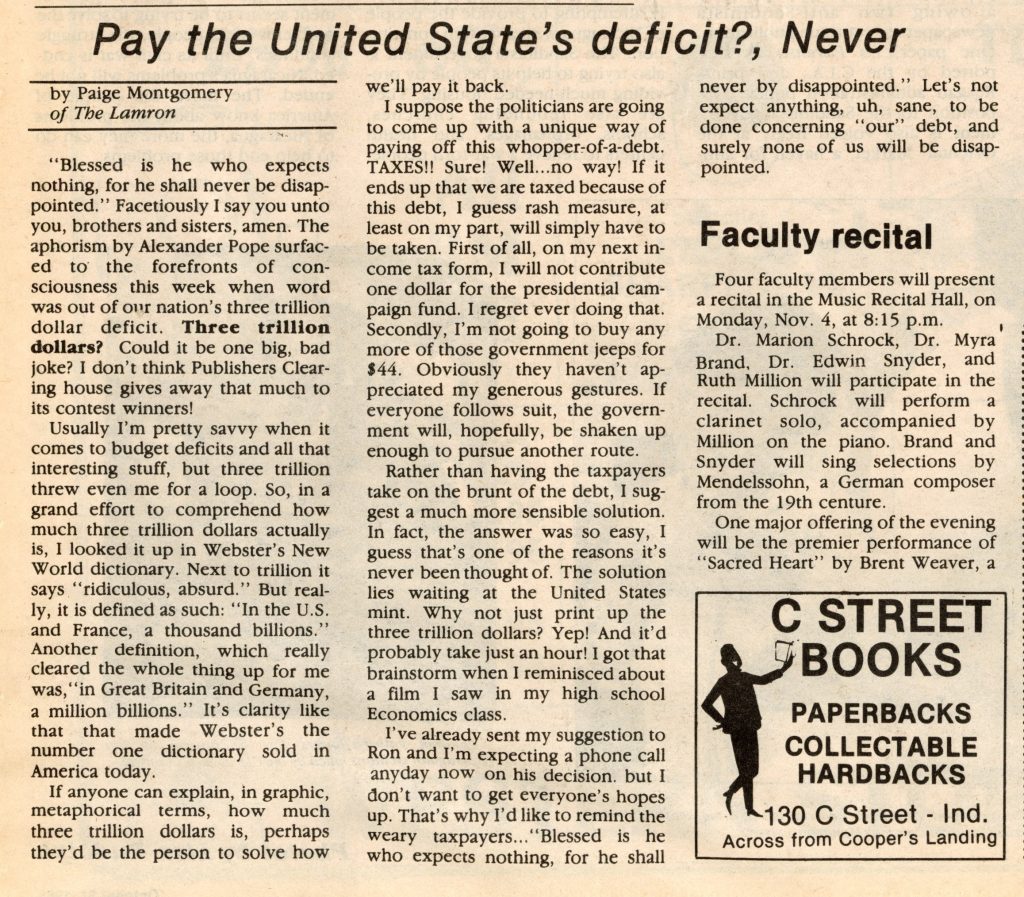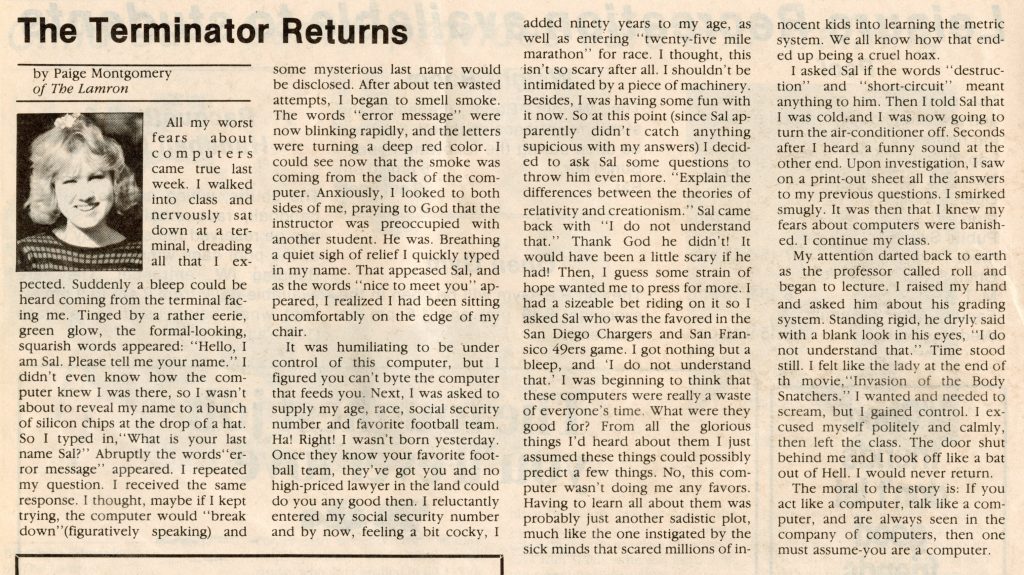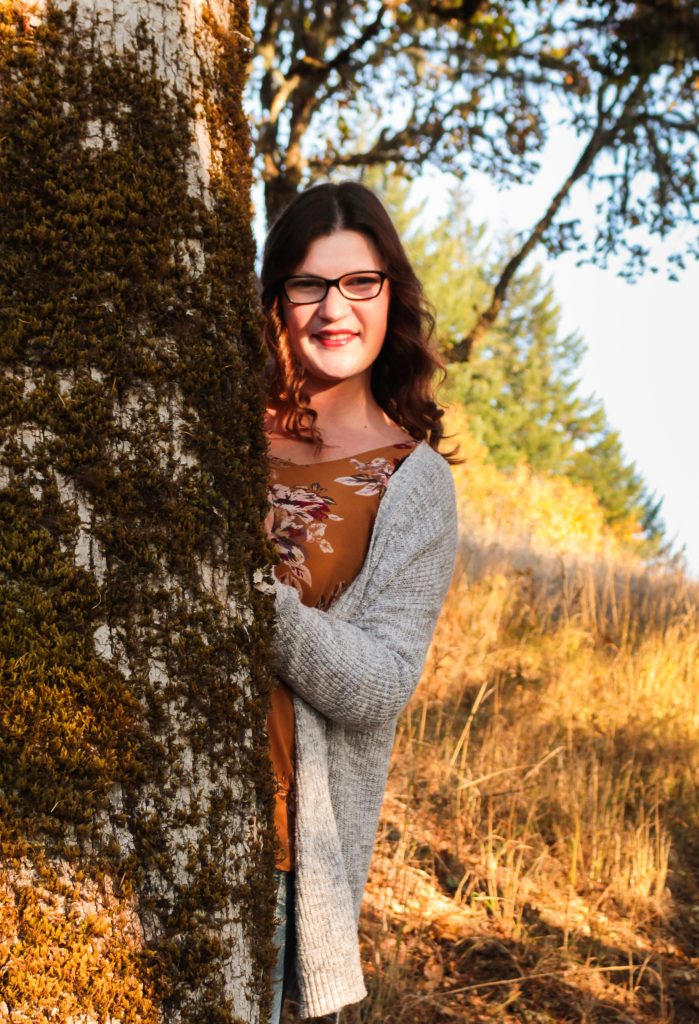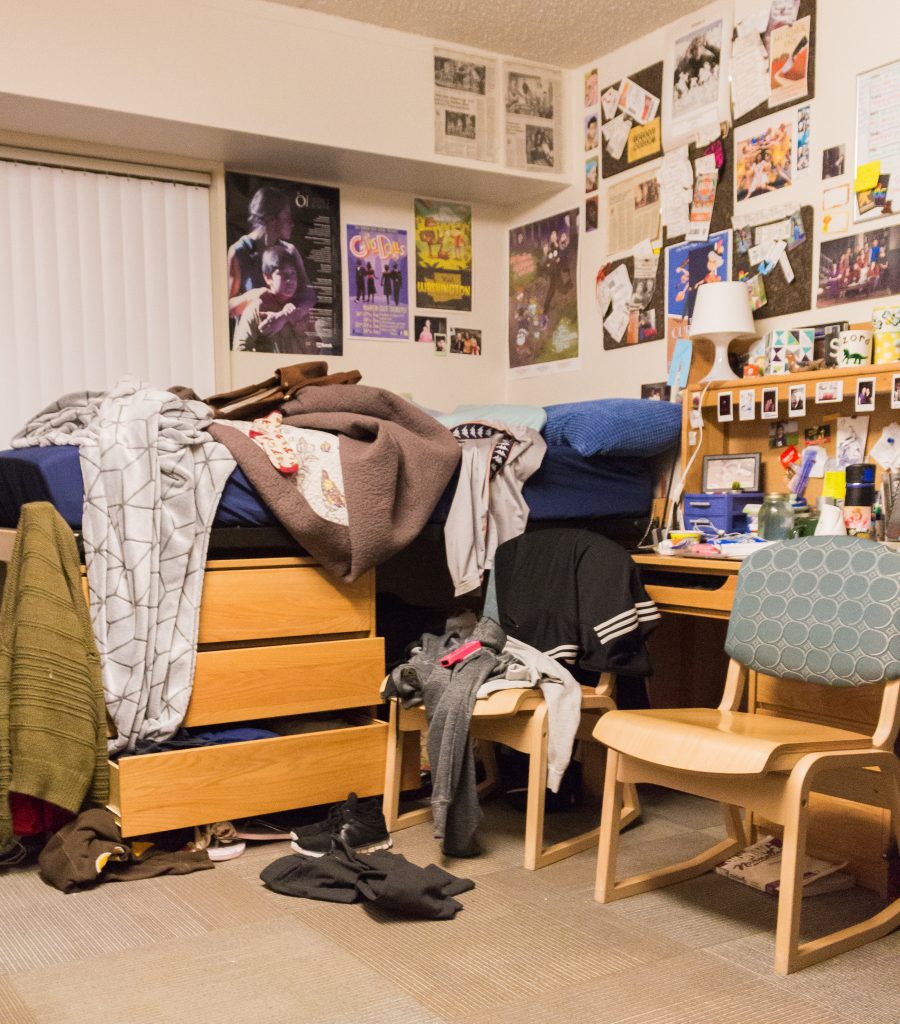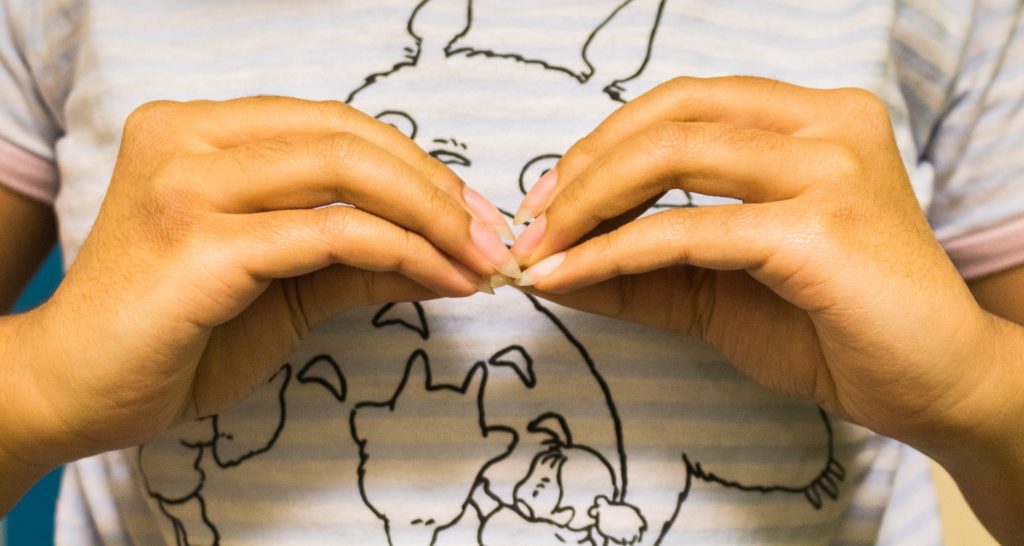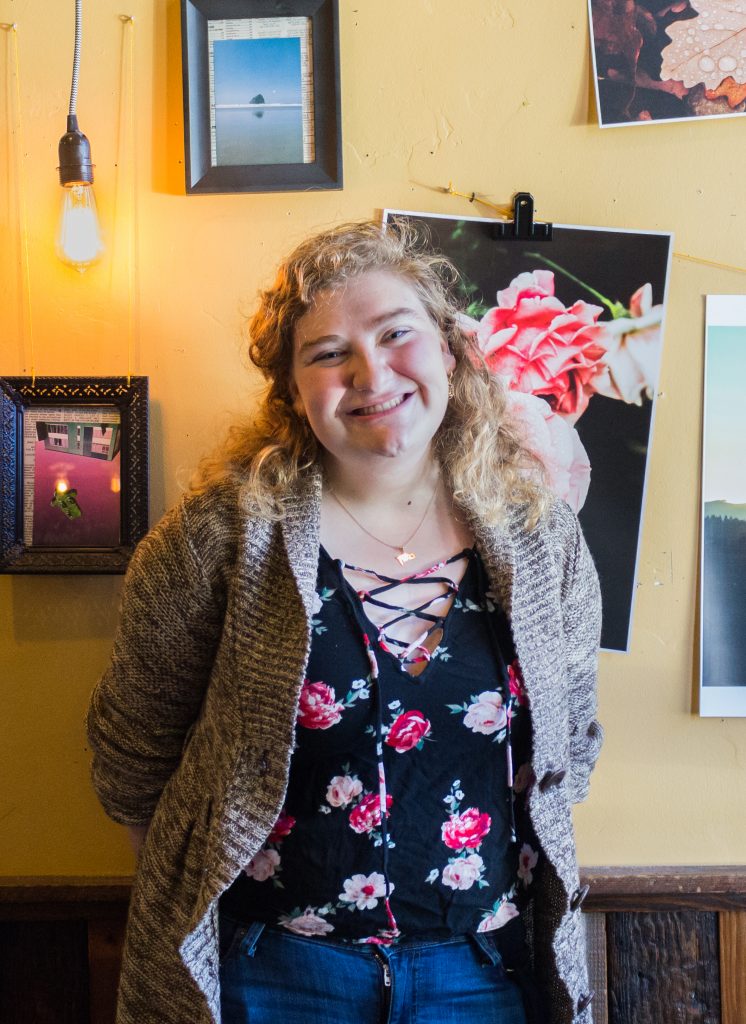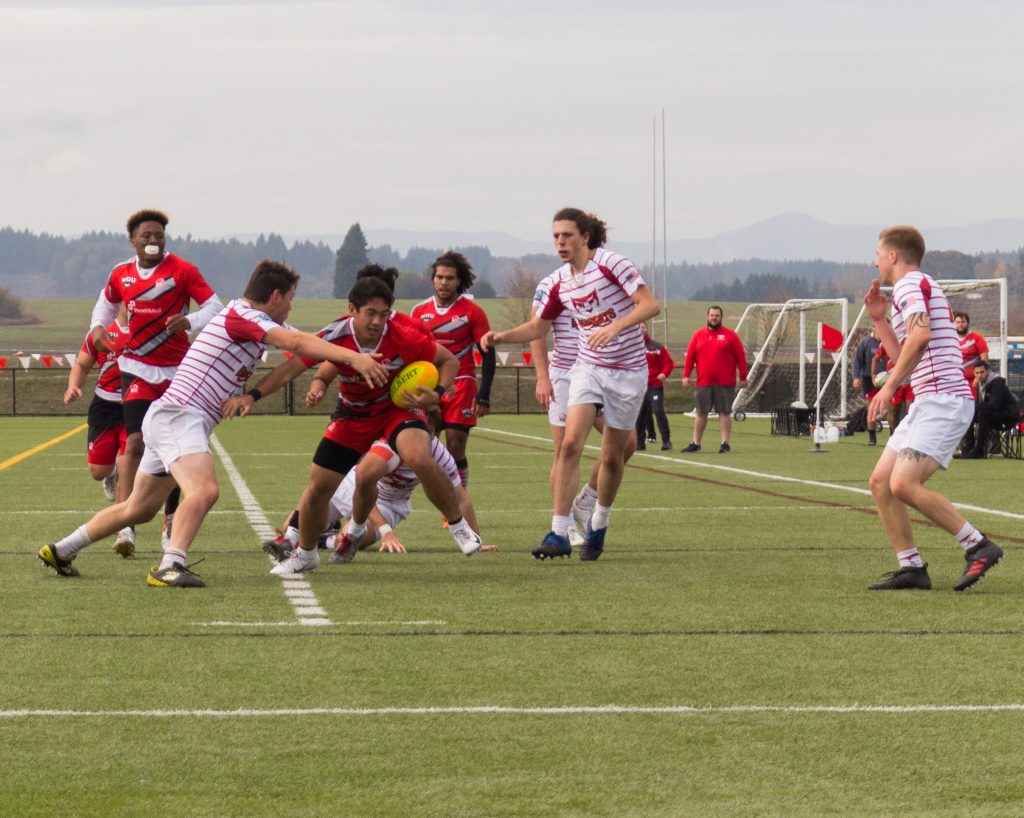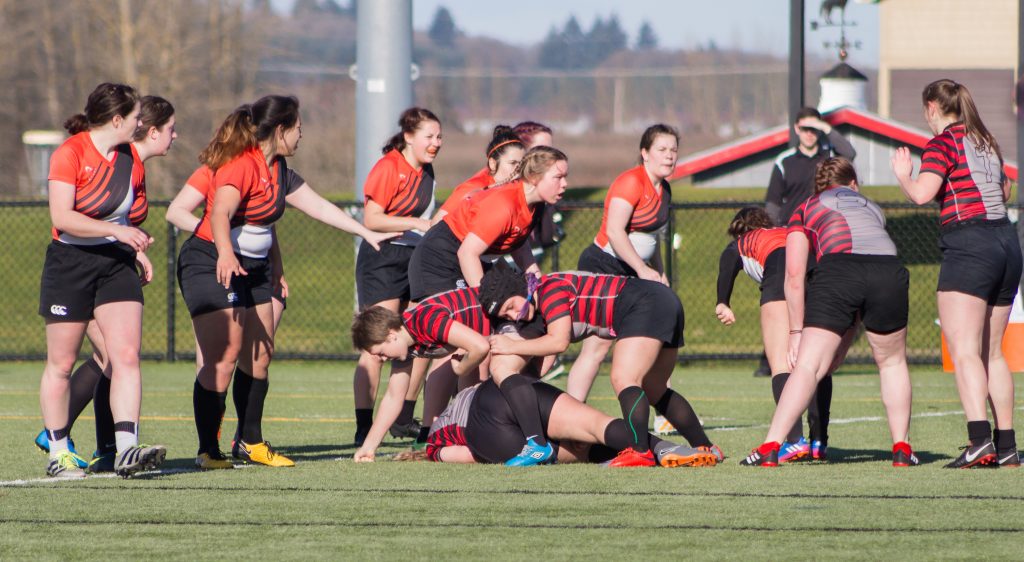Lake Larsen | Sports Editor

[fruitful_tabs type=”accordion” width=”100%” fit=”false”]
[fruitful_tab title=”Lacrosse”]
Feb. 9 1 p.m. @ UC Davis
Feb. 10 1 p.m. @ University of Santa Cruz
Feb. 16 5 p.m. vs. Seattle University
Feb. 17 1 p.m. @ Humboldt State University
Feb. 24 1 p.m. @ Central Washington University
Mar. 9 6 p.m. vs. Western Washington University
Mar. 16 1 p.m. vs. University of Portland
Mar. 22 6 p.m. @ Pacific Lutheran University
Mar. 24 1 p.m. vs. CU Denver
[/fruitful_tab]
[fruitful_tab title=”Men’s Rugby”]
Jan. 16 6 p.m. @ Oregon State University
Feb. 2 1 p.m. vs. University of Oregon
Feb. 9 3 p.m. @ Pacific University
Feb. 16 1 p.m. @ University of Washington
Mar. 2 11 a.m. vs. Eastern Washington University
Mar. 3 1 p.m. vs. Pacific University
Mar. 30-31 National Small College Rugby Organization Challenge Cup Pacific Coast Regional Championships in Monmouth, Oregon
[/fruitful_tab]
[fruitful_tab title=”Women’s Soccer”] Feb. 9 1 p.m. vs. Portland State University [/fruitful_tab]
[/fruitful_tabs]

[fruitful_tabs type=”accordion” width=”100%” fit=”false”]
[fruitful_tab title=”Baseball”]
Feb. 8 2 p.m. @ Lewis and Clark State
Feb. 9 12 p.m. @ Lewis and Clark State
Feb. 9 3 p.m. @ Lewis and Clark State
Feb. 10 12 p.m. @ Lewis and Clark State
Feb. 14 12 p.m. @ Fresno Pacific
Feb. 15 3 p.m. @ Fresno Pacific
Feb. 15 6 p.m. @ Fresno Pacific
Feb. 16 11 a.m. @ Fresno Pacific
Mar. 2 12 p.m. vs. Montana State Billings
Mar. 2 3 p.m. vs. Montana State Billings
Mar. 3 12 p.m. vs. Montana State Billings
Mar. 3 3 p.m. vs. Montana State Billings
Mar. 9 12 p.m. @ Central Washington University
Mar. 9 3 p.m. @ Central Washington University
Mar. 10 12 p.m. @ Central Washington University
Mar. 10 3 p.m. @ Central Washington University
Mar. 16 1 p.m. vs. Concordia University
Mar. 16 4 p.m. vs. Concordia University
Mar. 17 1 p.m. vs. Concordia University
Mar. 17 4 p.m. vs. Concordia University
Mar. 22 3 p.m. @ Northwest Nazarene University
Mar. 22 6 p.m. @ Northwest Nazarene University
Mar. 23 1 p.m. @ Northwest Nazarene University
Mar. 23 4 p.m. @ Northwest Nazarene University
Mar. 27 2 p.m. vs. Lewis and Clark University
Mar. 30 1 p.m. vs. Saint Martin’s University
Mar. 30 4 p.m. vs. Saint Martin’s University
Mar. 31 12 p.m. vs. Saint Martin’s University
Mar. 31 3 p.m. vs. Saint Martin’s University [/fruitful_tab]
[fruitful_tab title=”Softball”]
MSUB Desert Stinger Classic
Feb. 1 4:30 p.m. vs. Colorado Christian University
Feb. 1 7 p.m. vs. Cal State Monterey Bay University
Feb. 2 4:30 p.m. vs. UC San Diego University
Feb. 2 7 p.m. vs. Hawaii Pacific University
Feb. 3 11:30 a.m. vs. Chico State University
Dixie State Tournament
Feb. 15 3:30 p.m. vs. St. Edward’s University
Feb. 16 10 a.m. vs. Adelphi University
Feb. 16 12:30 p.m. vs. St. Edward’s University
Feb. 17 12:30 p.m. vs. Adelphi University
Feb. 17 3 p.m. vs. Dixie State University
PFX Athletics Tournament
Mar. 1 9:30 a.m. vs. Kentucky Wesleyan University
Mar. 1 11:45 a.m. vs. Missouri University St. Louis
Mar. 2 9 a.m. vs. Findlay University
Mar. 2 11:15 a.m. vs. Minnesota State University Mankato
Mar. 3 9 a.m. vs. Tiffin University
Mar. 3 11:15 a.m. vs. Malone University
Mar. 4 6:15 p.m. vs. The College of Saint Rose
Mar. 9 12 p.m. vs. Simon Fraser University
Mar. 9 2 p.m. vs. Simon Fraser University
Mar. 10 12 p.m. vs. Western Washington University
Mar. 10 2 p.m. vs. Western Washington University
Mar. 13 1 p.m. vs. Northwest Christian University
Mar. 13 3 p.m. vs. Northwest Christian University
Mar. 16 12 p.m. @ Montana State University Billings
Mar. 16 2 p.m. @ Montana State University Billings
Mar. 17 12 p.m. @ Montana State University Billings
Mar. 17 2 p.m. @ Montana State University Billings
Mar. 23 1 p.m. @ Central Washington University
Mar. 23 3 p.m. @ Central Washington University
Mar. 24 12 p.m. @ Saint Martin’s University
Mar. 24 2 p.m. @ Saint Martin’s University
Tournament of Champions
Mar. 29 2 p.m. vs. Sonoma State University
Mar. 29 4:30 p.m. vs. Cal State East Bay University
Mar. 30 2 p.m. vs. San Francisco State University
Mar. 30 5:30 p.m. vs. Stanislaus State University
Mar. 31 9 a.m. vs. California State University, Dominguez Hills
[/fruitful_tab]
[fruitful_tab title=”Track and Field”]
Jan. 12 @ UW Indoor Preview
Jan. 25 @ Husky Invitational
Jan. 26 @ Husky Invitational
Feb. 8 @ Husky Classic
Feb. 9 @ Husky Classic
Feb. 15 @ GNAC Championships
Feb. 16 @ GNAC Championships
Feb. 23 @ SPU Final Qualifier
Mar. 2 @ Willamette Opener
Mar. 8 @ NCAA Championships
Mar. 9 @ NCAA Championships
Mar. 9 @ Pacific Invitational
Mar. 17 @ Lewis & Clark Spring Break Open
Mar. 23 @ Willamette Invitational
Mar. 28 @ SF Distance Carnival
Mar. 29 @ SF Distance Carnival
Mar. 29 @ Stanford Invitational
Mar. 30 @ Stanford Invitational
Mar. 30 @ SF Distance Carnival
[/fruitful_tab]
[/fruitful_tabs]
Contact the author at howlsports@wou.edu
